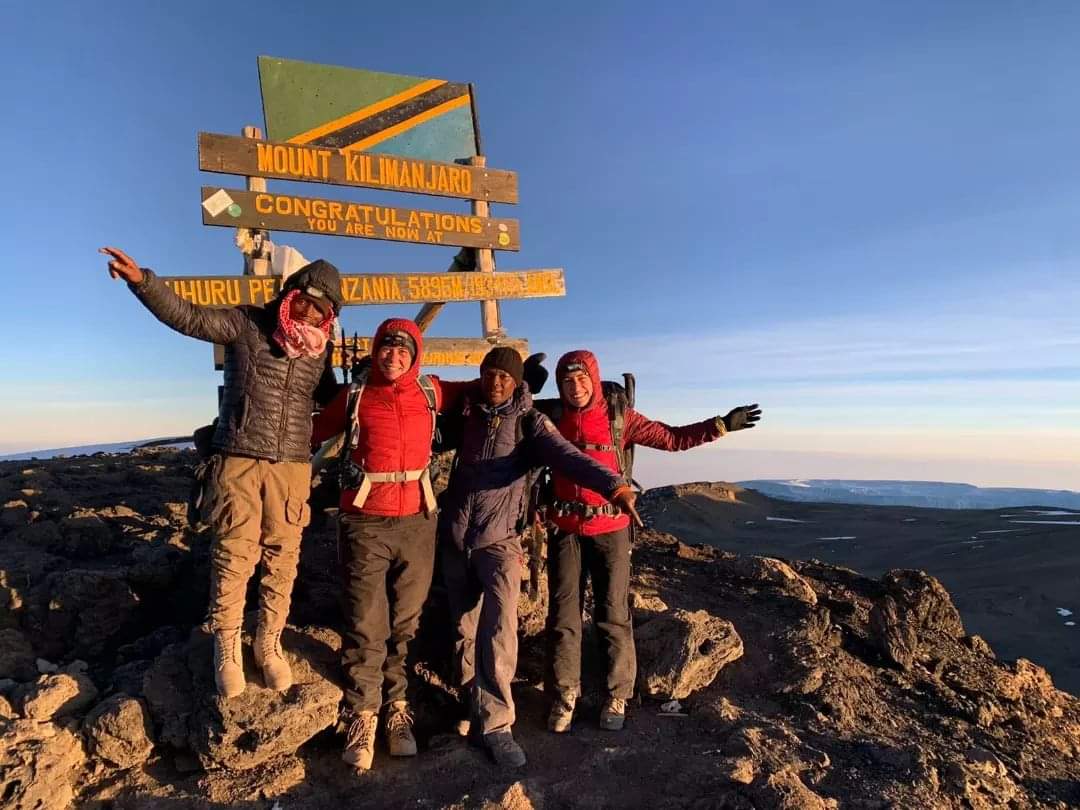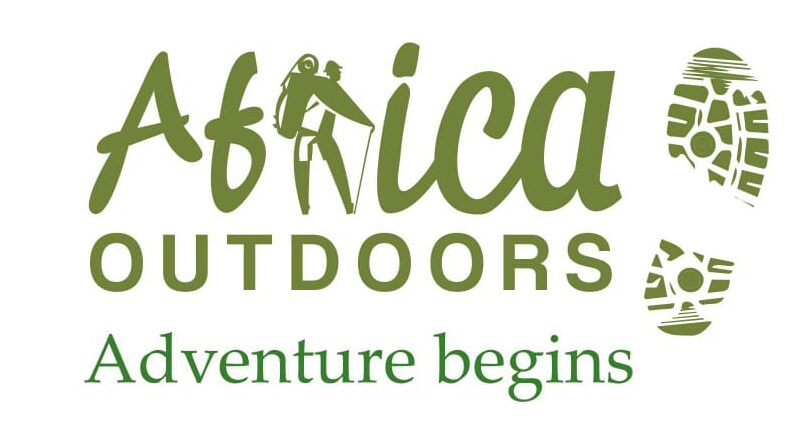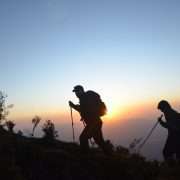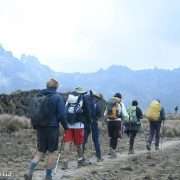
Things you need to know before you climb Mount Kilimanjaro
Climbing Mount Kilimanjaro is an exciting and challenging adventure, but it requires proper preparation and knowledge to ensure your safety and enjoyment. Here are some essential things you need to know before attempting to climb Africa’s highest peak:
- Physical fitness: Climbing Kilimanjaro is a strenuous activity that requires a good level of physical fitness. It is recommended to engage in regular exercise, including cardiovascular workouts, strength training, and endurance activities to prepare your body for the physical demands of the climb.
- Altitude sickness: Kilimanjaro is one of the highest mountains in the world, and altitude sickness can pose a significant risk. It is essential to acclimatize properly by ascending slowly and allowing your body to adjust to the increasing altitude. Symptoms of altitude sickness may include headaches, nausea, fatigue, and shortness of breath. It is crucial to recognize the signs and descend if necessary.
- Climbing routes: There are several routes to climb Kilimanjaro, each varying in length, difficulty, and scenery. Popular routes include Marangu, Machame, Lemosho, and Rongai. Research and choose the route that suits your fitness level and preferences. It is advisable to opt for a longer route, as it increases your chances of successful acclimatization.
- Gear and equipment: Proper gear is vital for a successful climb. Invest in high-quality clothing, including layers for varying temperatures, waterproof and breathable outerwear, sturdy hiking boots, a warm sleeping bag, a headlamp, and walking poles. It is also essential to pack essentials like sunscreen, sunglasses, a hat, and ample snacks and hydration.
- Guides and porters: It is mandatory to have a licensed guide to climb Kilimanjaro. They will ensure your safety, help with logistics, and provide valuable information about the route and altitude sickness. Porters can also be hired to carry your equipment and supplies during the trek.
- Permits and booking: Acquire the necessary permits and book your climb in advance. Kilimanjaro is a popular destination, and spots fill up quickly, particularly during peak seasons. Plan your climb well in advance and make the necessary arrangements for logistics, accommodations, and transportation.
- Time and weather considerations: The best times to climb Kilimanjaro are during the dry seasons, which are January-March and June-October. However, weather conditions can still vary greatly on the mountain. Be prepared for extreme temperatures, including freezing nights and scorching days. Rainfall and snow at higher altitudes are common, so pack accordingly.
- Mental preparation: Climbing Kilimanjaro is a mentally challenging endeavor. There will be moments of physical exhaustion, discomfort, and doubt. Mental preparation is crucial for maintaining motivation and resilience throughout the climb. Set realistic expectations and be prepared for the mental and emotional aspects of the journey.
Remember, climbing Kilimanjaro is a once-in-a-lifetime experience, and with proper preparation and a positive mindset, you can conquer this awe-inspiring mountain.
Recent Posts
August 11, 2025kiprotich dominic0 Comments
Mount Kenya Charity walks
August 11, 2025Willy Mutai0 Comments
Mount Kenya Day Hike
June 6, 2025Willy Mutai0 Comments
Mount Kenya Challenge Program
All Categories
Tags
Adventure
africaoutdoors
arusha
batian
batian.nelion
chogoria
day hike
elgon
Hiking
hiking adventures
kamweti
kili
Kilimanjaro
kitale
lemosho
lenana
likii north
machame
marangu
marich
moshi
mountains
mount Kenya
mount Kilimanjaro Adventure
mtelo
mtmeru
mt mtelo
nairobi
namanga
nanyuki
naromoru
nelion
oldmoses
Outdoor
pokot
rongai
routes
sekerr
shipton
sirimon
tours
travel
ubwe
uhuru peak
west pokot

Wildlife
Thailand




